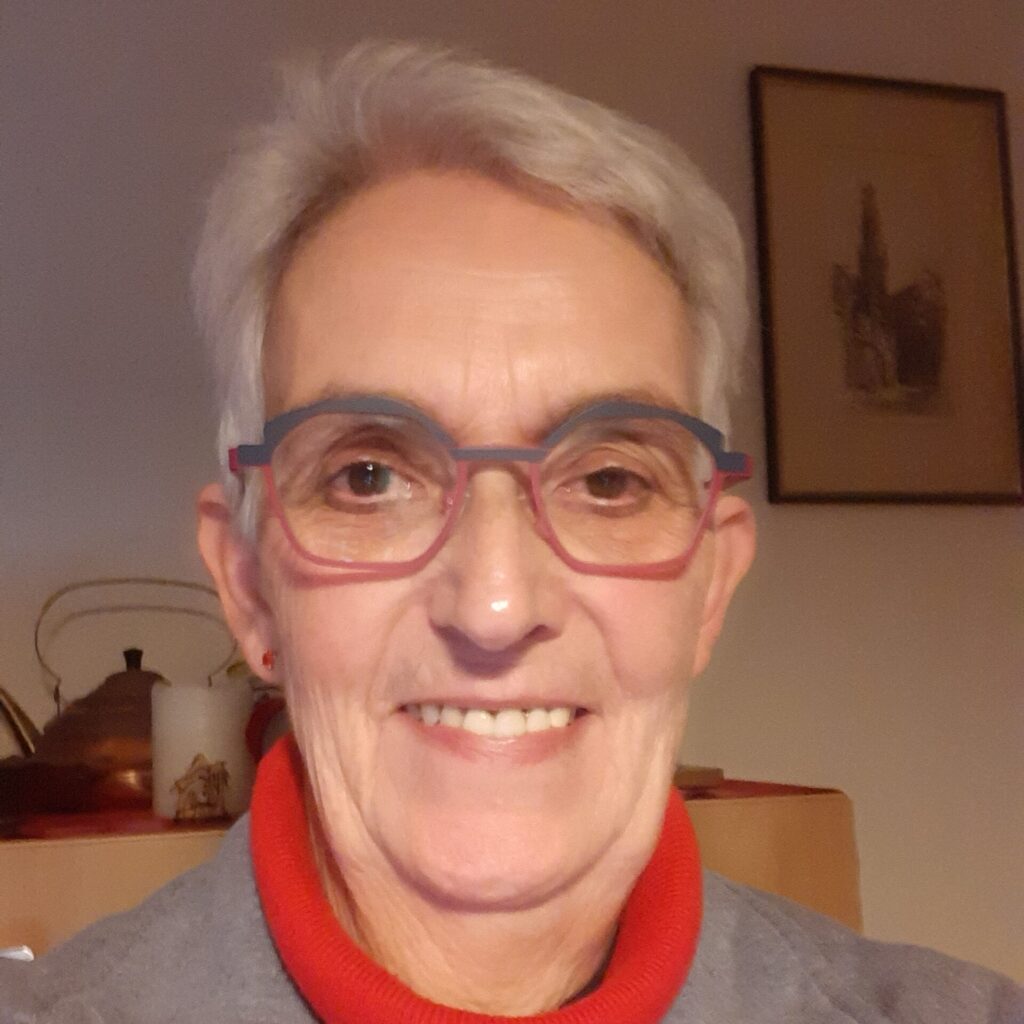
This month, we spoke with Betty, a member of the ELF Asthma Patient Advisory Group. She shared her experience of living with severe asthma, as well as the importance of patient involvement in shaping healthcare.
My name is Betty Frankemölle and I live in the Netherlands. I worked for many years as a nurse, specialising in paediatrics and neonatology. Sadly, my asthma became so severe that I was no longer able to work as a nurse. I retrained as a case manager at an insurance company, but unfortunately, I became so ill that I had to be admitted to hospital and was sent to Davos in Switzerland.
After returning from Davos, I tried to work again but after 1 and a half years it became clear that a normal job was not possible anymore. I have been treated at Davos hospital 6 times now. In Davos, I always felt much better.
Eventually, I started doing voluntary work for the Dutch Lung Foundation and that went well. I could work at my own pace and in my own time. Years later I became involved in the European Lung Foundation (ELF) through the European Patient Ambassador Programme (EPAP) and in SHARP (Severe Heterogeneous Asthma Research collaboration, Patient-centred). This work makes me really happy.
SHARP is an ERS Clinical Research Collaboration, which hosts a series of projects across Europe that aim to improve treatment and management of severe asthma, through ending corticosteroid dependency and gaining patient insights.
I love sport. I used to be an athlete, but nowadays I enjoy riding my e-bike, swimming and walking. I also like to make my own clothes.
I also volunteer for the Ostomy association in the Netherlands, as I have an ileo-ostomy – a type of surgery that creates a small opening in the abdomen to help the body pass waste – due to a severe intestinal problem. I have been retired for over 2 years now.
I have had breathing problems since I was a child. I was the child who always had a cold between October and March or April. Many times, I needed antibiotics.
At the age at 34, I got a severe cold and pneumonia after a rainy holiday in England. I was first referred to an ENT (ear, nose and throat) doctor for my nose problems and a possible allergy. It was unclear what was happening. I asked for a referral to a pulmonologist, which I got. The pulmonologist immediately diagnosed asthma and told me what a pity it was that I had not come many years earlier.
It was clear then that I’d had asthma all of my life, I just did not know. Many medications and frequent courses of prednisolone, a steroid used to reduce inflammation in asthma, were needed and they still are. I was relieved to finally know the reason I felt unwell so often.
Sometimes asthma has little impact on my daily life and sometimes it has a great deal. I must constantly be aware of triggers and allergies. I hate being so fatigued so often.
I learned a lot in Davos about how to cope with my lung condition. I stay active by biking, swimming and walking. Twice a week I train in a physiotherapy practice.
I try to keep my home as clean as possible. My voluntary work helps a lot too. I am rather busy which can sometimes be a pitfall, but I like it. I like reading books and sometimes that helps me to breathe more calmly when I am short of breath.
Through the EPAP course, I became interested and involved in ELF Asthma Patient Advisory Group. There was a call for people who might be interested and that is how it started. And later I became involved in SHARP. I have taken part in sessions and workshops at the ERS Congress in Amsterdam and in London. Now I am also involved in working groups.
I hope to be able to keep bringing my experiences and knowledge. Raising awareness of what asthma can do to someone is very important because the impact is often underestimated.
I really enjoyed it! I took part in several workshops, lectures and meetings. It was very good meeting people in person. I joined the ‘Take the Active Option’ event and joined hundreds of people early one morning for a 2.5km walk near the Congress centre.
It is essential. Sometimes, what patients value as important in their daily lives is different to what healthcare providers might think. Whatever one does, the patient’s perspective should always be kept in mind, and who can do this better than patients themselves? Ask a patient what he or she values most.
Sometimes what a patient wants from treatment will be different from what a healthcare professional might expect.
Asthma is difficult sometimes, but you can live with it. It is especially hard when you are having an asthma attack. Take your medicine properly, in the right order and in the right way. Stay on top of the therapy, even when you are feeling well. Keep in touch with your healthcare providers. Connect with other patients if it helps you.
More people than you might think live with asthma. They might have some tips and tricks to share that could help you.